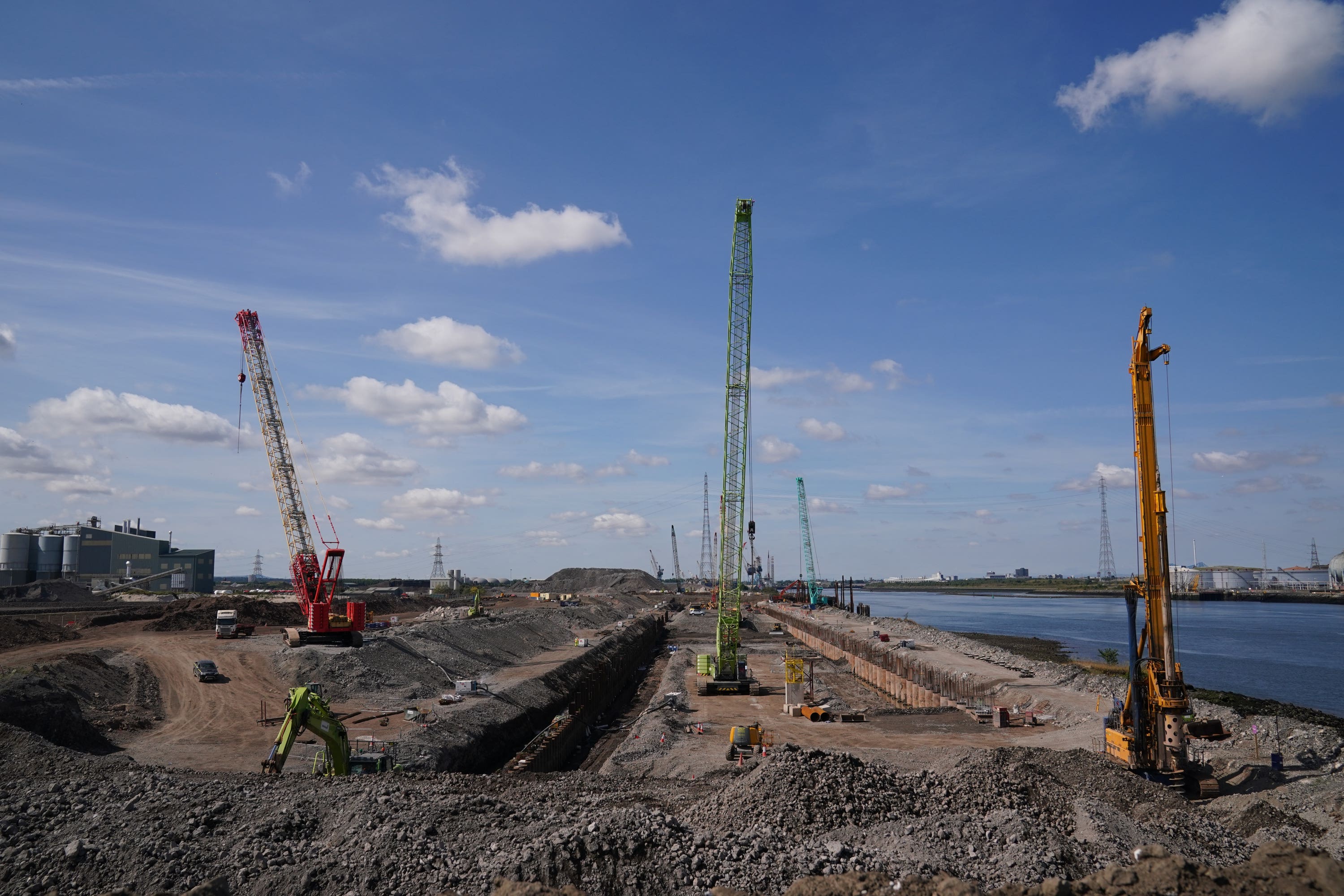Freeports are costing a fortune. Why aren’t they being monitored?
The business and trade committee is launching an investigation after its chair Darren Jones said there was no agreement on how their success (or failure) should be measured, writes James Moore


Darren Jones MP, the Labour chair of the business and trade committee, has secured for himself a place on the shortlist for what I’m going to call the “Wait, What?” award for June.
I shall bestow this on those who say things in otherwise anodyne-looking press releases that immediately pull you up.
Here’s his quote on the subject of freeports, one of Rishi Sunak’s flagship economic policies, something we have repeatedly been told will be a major benefit of Brexit. If that’s not an oxymoron. (PS: it is.)
“The government hopes that freeports and investment zones will transform regional economies, but we don’t yet have an agreement on how success should be measured.”
Wait, What? Think about what Jones said for a moment. These are government-certified big deals that the then little-known Sunak extolled the virtues of in a report for the Centre for Policy Studies, a right-wing think tank, way back in 2016.
Boris Johnson would happily bang on about them to anyone who cared to listen. And yet, here is Jones, announcing the terms of an inquiry into them, telling us there’s no agreement on how the policy should be assessed.
This matters. These specialised zones offer a series of generous concessions to the businesses operating within them.
There are eight in England, with two more given the go-ahead in Wales. Scotland has its own take on the wheeze, having announced two “green” freeports, which had to include plans for lowering emissions in the bidding process although they don’t face hard requirements to actually deliver on saving the planet.
The lot of them sit outside the UK’s main tax and tariff rules and enjoy lower regulation. But they have many critics. The TUC has, for example, expressed fears that they will serve as a “Trojan horse” which will usher in lower standards to the detriment of people working within them.
They aren’t cheap. The Office for Budget Responsibility thinks they will cost £50m a year from the current financial year, with the largest costs arising from employer national insurance contribution relief and business rate incentives they grant.
The OBR, however, admits that its estimate is a shaky one for a variety of reasons. The extent to which the various tax reliefs will be taken up is not known. Another outstanding question is how much freeport activity will be genuinely new investment and how much will simply be displaced from other parts of the UK by businesses seeking to take advantage of the tax breaks.
Critics of them see this displacement as another major problem.
It’s not as if they’re really new. A number of them were set up in the 1980s but the Conservative-led coalition government led by David Cameron phased them out in 2012 because their success was strictly limited.
Ah, but this time it’s different, say their proponents, such as Sunak. Now we’re outside the EU we can do all sorts of exciting things with them.
Well, we’ll see, shall we? The government does indeed have more flexibility than it had. The EU has been taking an increasingly dim view of the 80 within its member states because of some of the failings they are accused of. Here’s some more: critics say they facilitate money laundering and tax avoidance.
If the UK ones get too exciting in terms of incentives (and subsidies), the EU may very well take umbrage and levy retaliatory tariffs. There’s no such thing as a (tax) free lunch. We ought to have realised that by now.
With all those concerns, you would think a framework for measuring the success of this important and expensive economic policy would have been constructed, agreed and signed off years ago, but apparently not.
A cynic might suggest that this is because it isn’t just a big chunk of taxpayers’ money that is being invested in these things. An even more substantial amount of political capital has been pumped into them.
It would therefore be quite inconvenient if our putative framework were to adjudge them a white elephant at best, and a venue for the realisation of critics’ fears at worst.
Over to Jones’s committee, which will seek to measure the impact that freeports are having on business and trade and to consider where the cash lavished on them has been spent and whether it has been well spent.
Thank goodness someone is looking into this.






Join our commenting forum
Join thought-provoking conversations, follow other Independent readers and see their replies
Comments